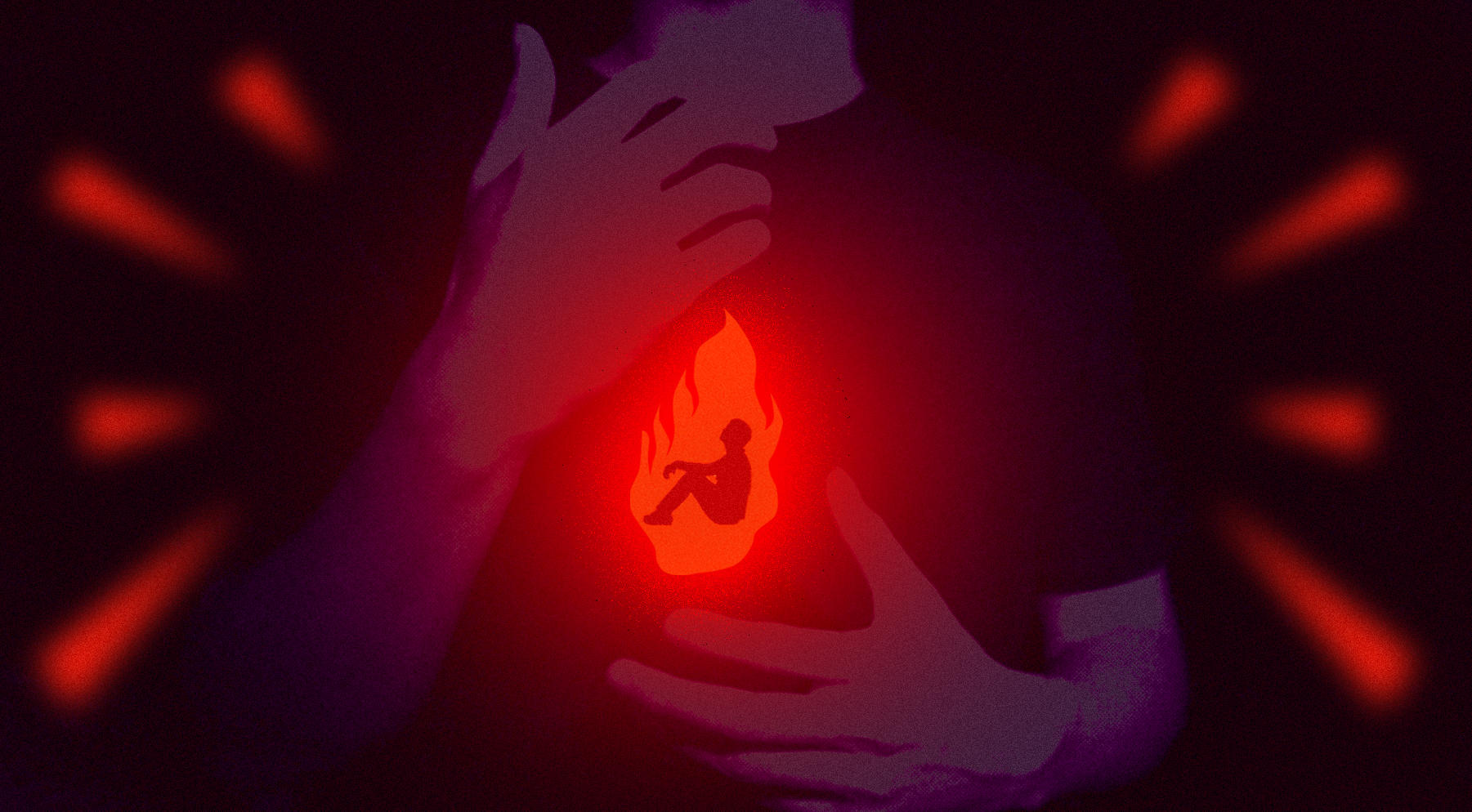Almost all households are accustomed to having pets. Filipinos love theirs. Bantay and Muning—common names for cats and dogs—have become household terms and have been immortalized by local literature.
And pets aren’t just limited to cats and dogs; some have more exotic tastes. There are those who own wild cats and all kinds of reptiles. Humanity has been domesticating animals since thousands of years ago and ethicists think it’s time we stopped the practice.
The way we perceive pets has also evolved. Before the 19th century, domestic animals were primarily used for labor and didn’t have the same connection people nowadays have with their pets. Bernard Rollin, a veterinarian turned philosopher, stated that in the ’60s, some owners have their pets euthanized before going on vacations as it was cheaper to buy a new one upon returning than pay a kennel fee.
But recently, more and more prefer to raise pets rather than children. In 2016, Americans spent more than $66 billion on their pets. In fact, such devotion to pets has led a number to put up rescue and adoption shelters, and not to mention, pen animal welfare laws.
In spite of the pet keeping tradition, some ethicists think that this needs to end. For American bioethicist and author Jessica Pierce, this realization came to her while she was buying crickets for her daughter’s gecko. In the pet store, she noticed a Tupperware of live baby rats which she believed might be food for the resident snakes.
She felt unsettled and went on to write her book Run, Spot, Run: The Ethics of Keeping Pets in 2015. She discussed the wrongs of pet ownership and its consequences, such as withholding them of their rights. Here are some of her points shared by other ethicists:

Upon seeing a number of baby rats that are most probably feed for the reptiles, Pierce felt troubled.
“Rats have a sense of empathy and there has been a lot of research on what happens when you take babies away from a mother rat—not surprisingly, they experience profound distress,” she said in an interview with The Guardian. “It was a slap in the face—how can we do this to animals?”
Studies also say that animals have more complex and richer emotional lives than we thought. In a New York Times commentary written by neuroscientist Gregory Burns in 2013, he concluded that “dogs are people, too.”
Following the logic, psychology professor and one of the founders of anthrozoology, which examines human-animal relations, said that the “consequence is that the more we attribute them with these characteristics, the less right we have to control every single aspect of their lives.”
Owning them means stripping them off of their “right to self-determine”
According to Pierce, we bring pets into our lives because we want them. This makes us in control of their lives by “dictating what they eat, where they live, how they behave and look, and even whether they get to keep their sex organs.”
“Domesticated animals are completely dependent on humans, who control every aspect of their lives. Unlike human children, who will one day become autonomous, non-humans never will. That is the entire point of domestication – we want domesticated animals to depend on us,” law professors and animal rights advocates Gary Francione and Anna Charlton said in an essay in Aeon.co.
They argue that the world with true animal rights doesn’t have the pet keeping idea, no aquaria, and no zoos. The morally just world basically upholds the right of the animal not to be properties.
Animal welfare consultant and chair of the UK’s national pet charity Tim Wass said that “It has already been decided by market forces and human nature… the reality is people have pets in the millions. The question is: How can we help them care for them correctly and appropriately?”
Ultimately, it is impossible to remove the concept and practice of pet keeping. Humans have grown too accustomed to it. In this case, what matters is how we treat them and care for them. Besides, giving up our pets would most probably do more harm than good for them anyway.
Header image courtesy of Unsplash.com
Read more:
Dog owners beware: Intensive breeding kills
The disturbing truth about PETA
LOOK: Golden Retriever gives birth to a green puppy













































